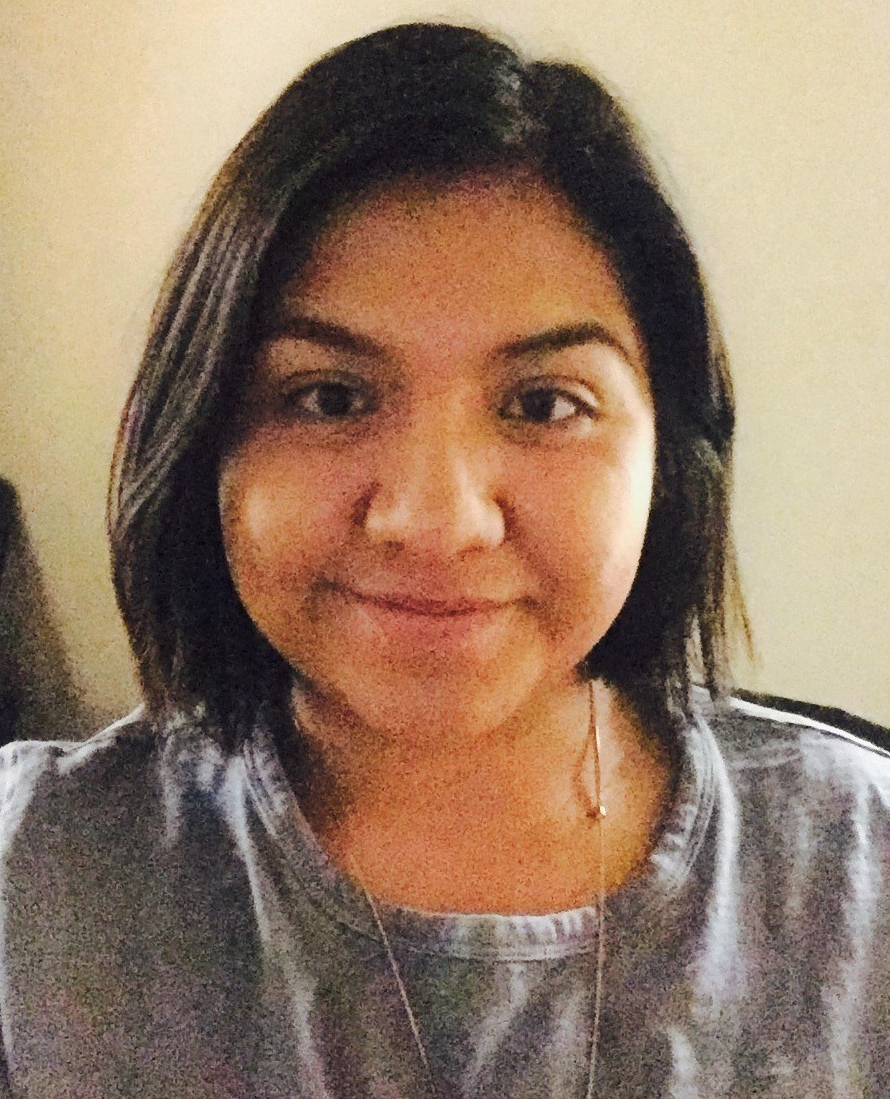Confessions of a Student at a Conference for Faculty and Administrators
Published by: WCET | 12/14/2017
Tags: Access, Completion, Data And Analytics, Research, Student Success, Survey, WCET, WCET Annual Conference, WCET Summit
Published by: WCET | 12/14/2017
Tags: Access, Completion, Data And Analytics, Research, Student Success, Survey, WCET, WCET Annual Conference, WCET Summit
My name is Emma. I am 25 years old and I am a part time student who is also working full time.
I have been familiar with WCET for quite sometime, however, it was not until recently that my interests aligned with their work. As I have pursued my education I have become interested in higher education policy, data management, and data analysis. Very few students understand the many layers that make up higher education as we know it today, and I hope that more students will have a chance to get involved in the future. As a student, I have been asked to share some of my first experiences while attending WCET conferences and interacting with people from across the higher education community.
I think it is important to understand what compelled me to attend the WCET Summit in Salt Lake City, UT earlier this year. I currently attend the community college here in Salt Lake City, Utah. I also work full time at Western Governors University.
I wanted to work at WGU to gain more insight into their student centric model and their competency based education system.  I specifically wanted to learn how they were able to support all their students in a personal, more holistic manner.
I specifically wanted to learn how they were able to support all their students in a personal, more holistic manner.
The short answer is data. Lots of data.
I was already aware of WCET summits and their annual meetings but my position at WGU helped me understand the impact that WCET has in technology-enhanced learning in higher education. While I was doing my own bit of reading and asking around about data analysis at WGU and at my community college, I was made aware that WCET was holding their Leadership Summit in a few months: Essential Institutional Capacities to Lead Innovation. I knew that WCET would have people from other institutions speaking and that would provide more of the perspective I was hoping to gain. I actually put in my paid time off to attend within minutes of seeing the summit schedule.
I was sitting in the session on “Making Your Data Analytics Actionable,” and scribbling away in my notebook. Mind you, I was not writing things down to recall later, I was trying to organize my thoughts. I understood bits and pieces of the conversation, but I had to remember that I was learning from the faculty perspective of student data, not the student perspective.
As a student, there I was sitting in a session about student data and realizing that I did not know exactly what student data is. Despite attending a higher education institution and working at one, I still did not understand – what is the underlying structure? What are the operations and what data do those operations collect? This was disheartening because as a student investing in higher education, shouldn’t I have the tools and knowledge necessary to contribute to a solution?
During the session, one of the speakers voiced their opinion regarding student data. In short, they were saying that student data should be more easily accessible to faculty and staff. The other speaker voiced their disapproval, and went on to explain that data can be a great tool but it should not be the only measure of success. I agreed. I asked if I could build on his comment.  I explained that while I did not disapprove of faculty accessing my data, I would want assurances that the faculty understood the data and that it was being used for the student benefit above all else.
I explained that while I did not disapprove of faculty accessing my data, I would want assurances that the faculty understood the data and that it was being used for the student benefit above all else.
There was more discussion about “empowering faculty, learning engineers, and designers,” to utilize student data. While I want to be assured that the people collecting and working with my data are doing so in an appropriate manner, I want, as a student, to be empowered to identify innovative solutions with student data. Who better to come up with solutions than the students experiencing those very problems?
I believe that student data should continue to be used actionably and responsibly by higher education institutions. I know that, overall, student data helps an institution improve and move forward therefore better catering to the student’s needs. All I suggest is inclusion. Although people who work in higher education have been through the higher education system, it is never the same experience twice. Students who are currently in school offer the most relevant perspective. I hope that as you read a bit about my personal journey that you reflect on how far you have all come. As a student, I thank you for all that you do and all your continuous effort.

Emma Tilson
Student in Salt Lake City, Utah
